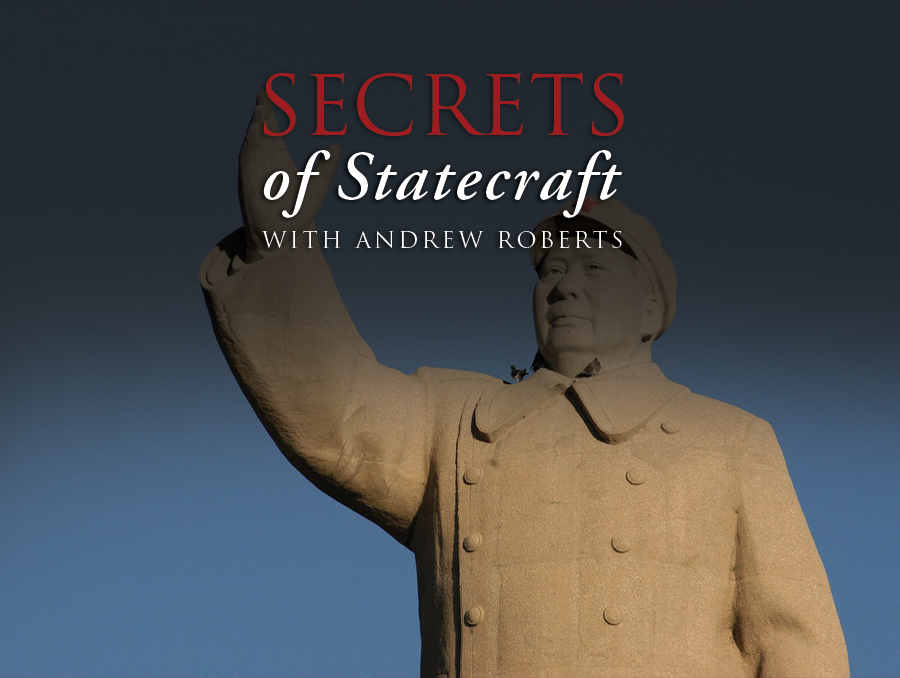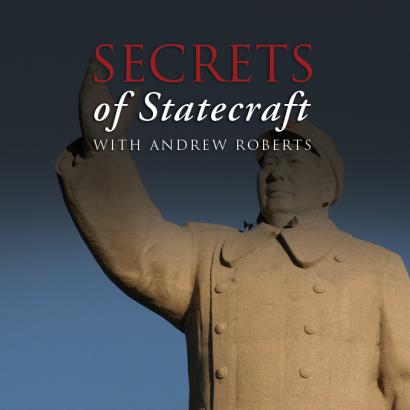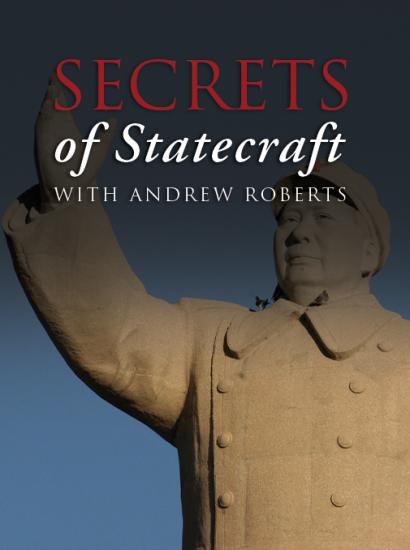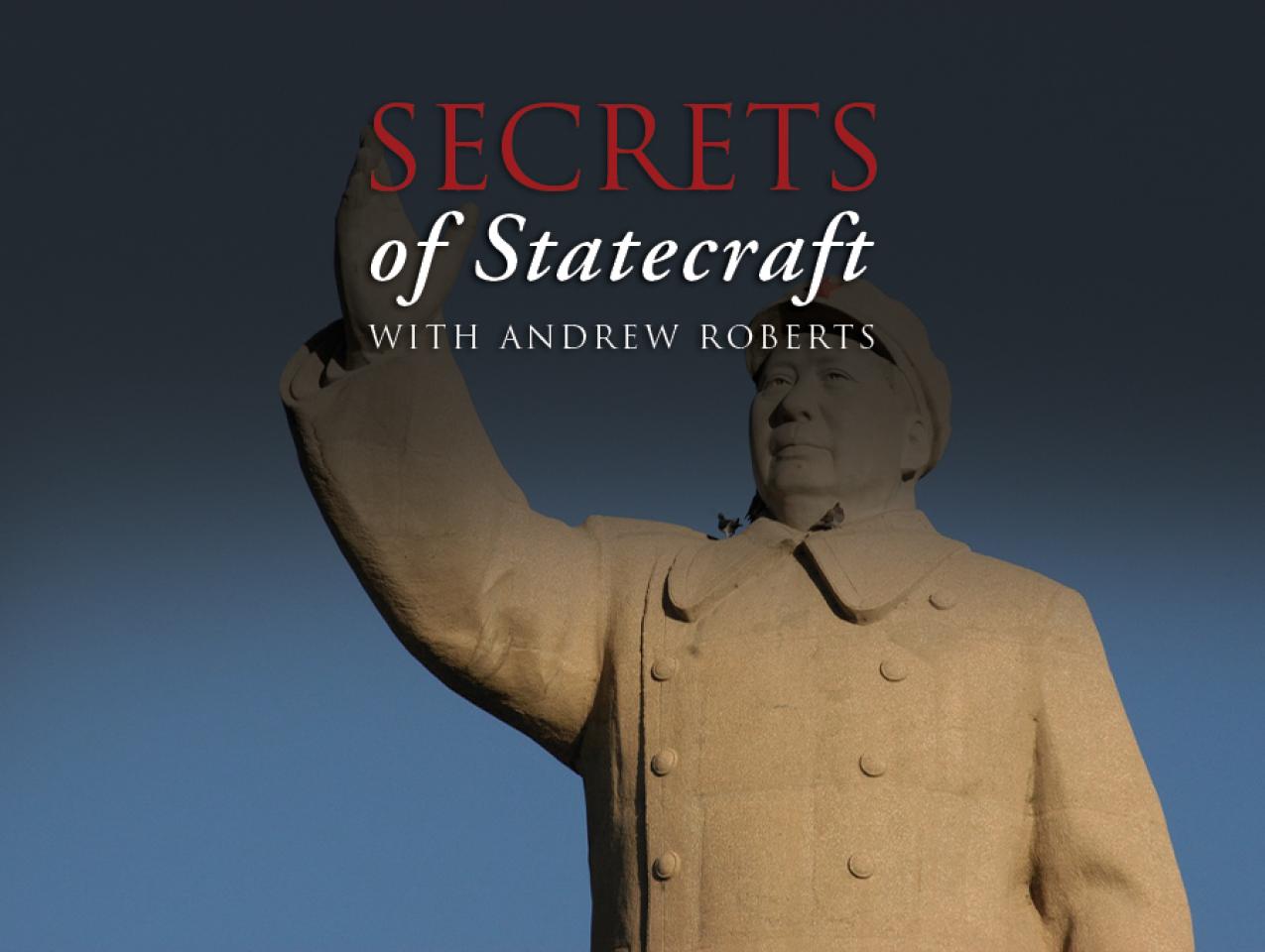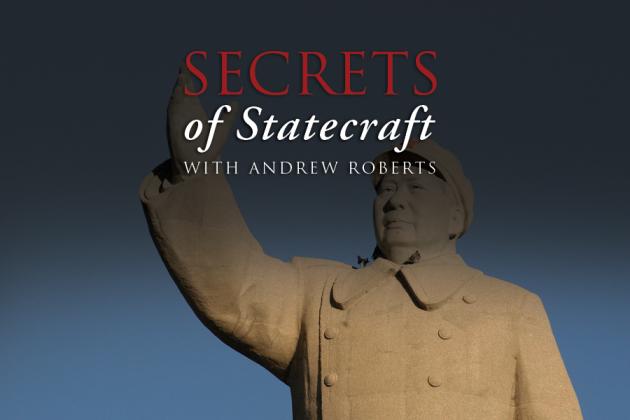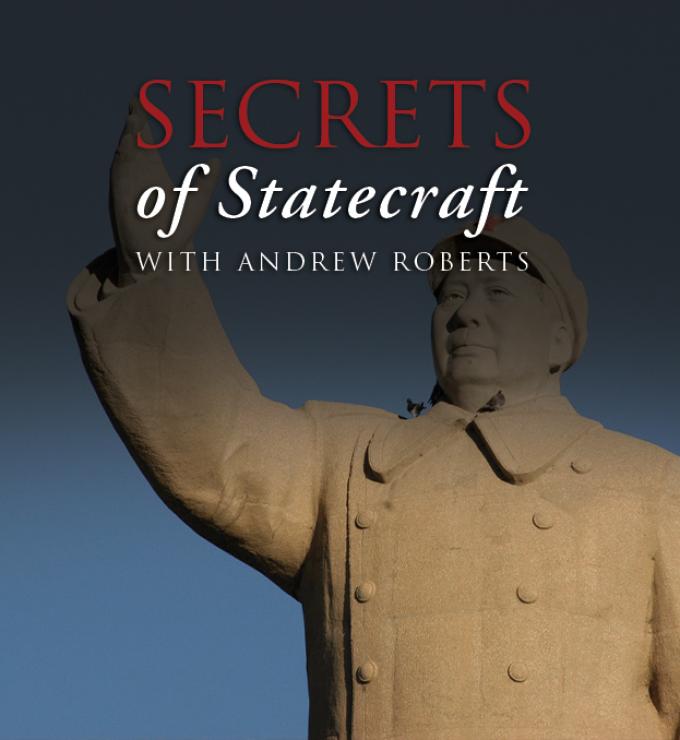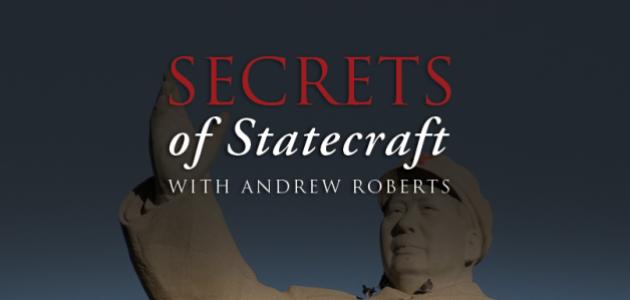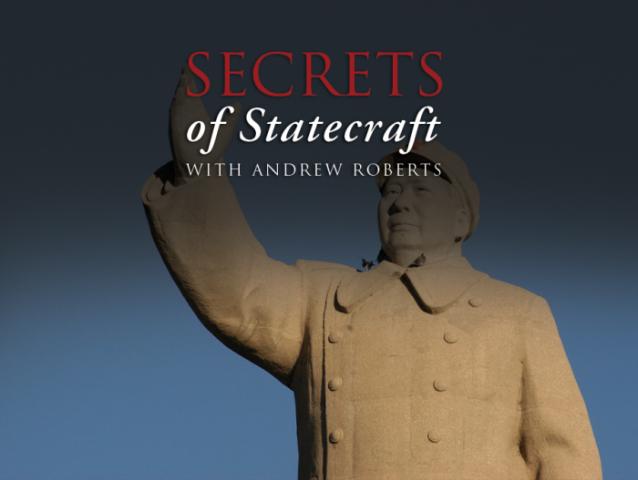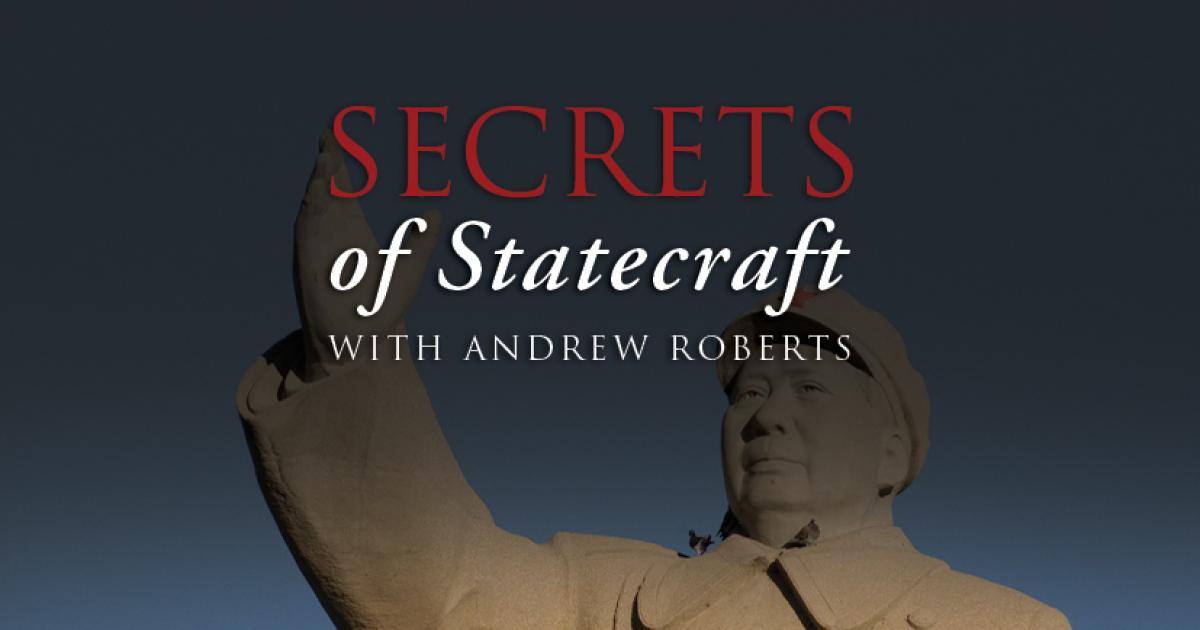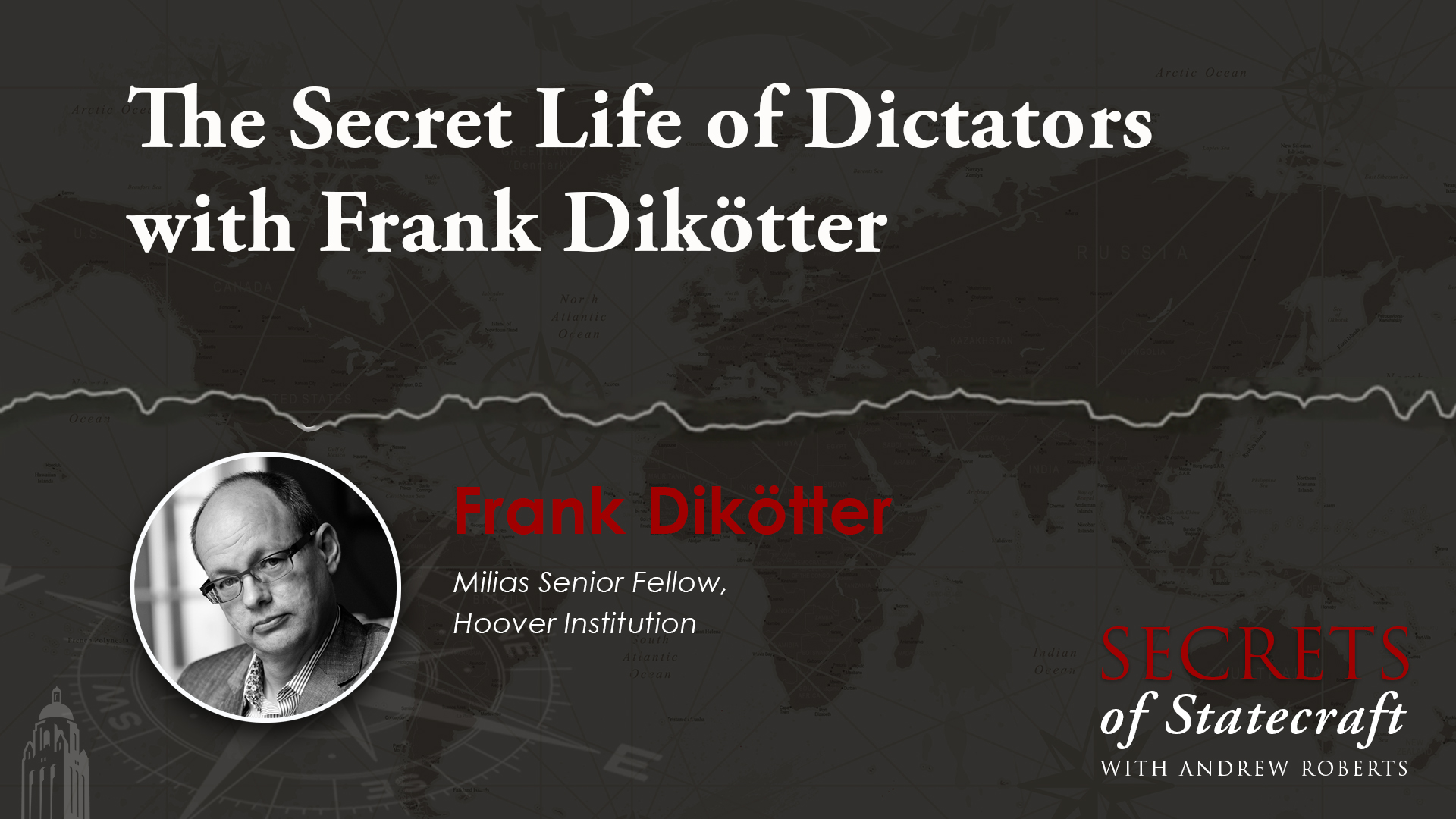- History
- International Affairs
- US
- Key Countries / Regions
- China
- Russia
- Military
- Revitalizing History
Historian Frank Dikötter, author of How to Be a Dictator: The Cult of Personality in the Twentieth Century, discusses the dark psychology behind absolute power. From Hitler and Mao to Putin and Xi Jinping, Dikötter reveals how dictators use fear, lies, and the cult of personality to control not just people’s actions—but their thoughts.
Why do tyrants crave loyalty more than love? Why do they all end up surrounded by liars? And what happens when a dictator starts believing his own propaganda?
Frank Dikötter gives a fascinating look at how modern dictatorships are built—and why they always collapse from within.







